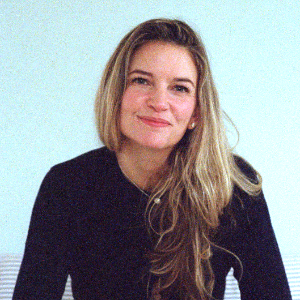Writing, especially once I’ve written my lede, and I’m three or four paragraphs down the page, is my favorite thing in the world. I’ve been doing it professionally for more than 25 years, mainly as a journalist. I write about people: their life lessons, their professions and insights, their passions, their families. I write about cities and neighborhoods; I write about the problems and opportunities facing them.
I feel an urgency to get the word out. For that reason I wrote about county employees at Child Protective Services managing more cases than they could adequately investigate; I asked national physicians and experts why cancer is over diagnosed and over treated in the United States. I asked why the successful medical treatments that exist for opioid users are considered taboo in the treatment and recovery community and how chronic hunger affects childhood behavior and stunts development.
My strongest skill as a writer is taking complicated topics (scientific, economic, financial, technological) and translating them to the general public without dumbing down the particulars. Whatever assignment I get, no matter how seemingly dry, I work to make it relatable and compassionate, and of course, interesting.
I’ve interviewed thousands of sources: professors, CEOs, victims of violent crimes, advocates, scientists, unhoused men and women, software designers, surgeons, substance users, economic analysts, psychologists, architects, engineers, artists, government officials, clergy, and others whose perspectives have enriched and humbled me.
—Mary Stone

